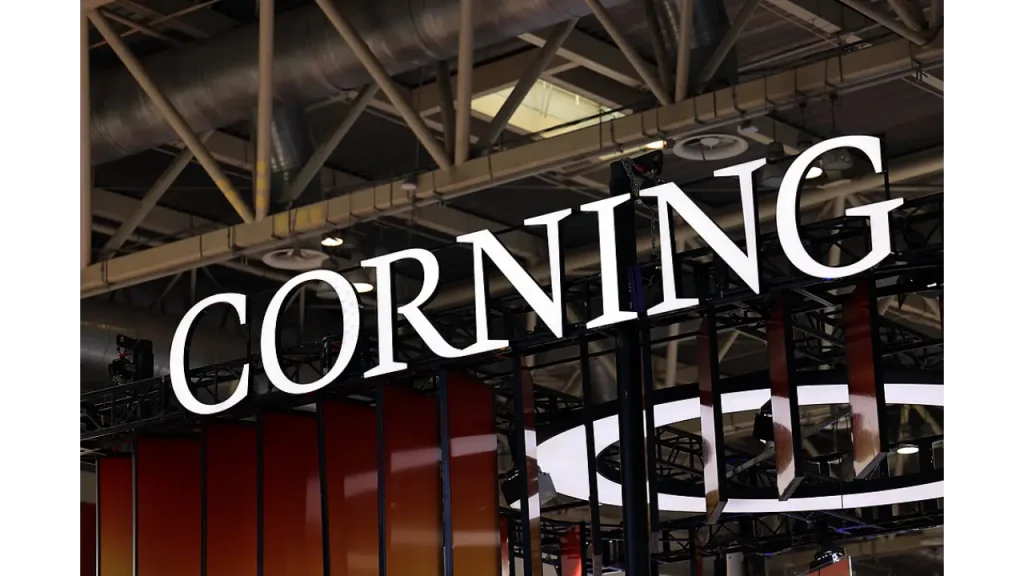- Corning avoids antitrust fines after EU regulators accept its concessions to address monopoly concerns.
- The probe focused on whether Corning restricted rivals’ access to key smartphone manufacturers.
What happened: EU wraps up probe into smartphone glass supply contracts
The European Commission has formally accepted concessions from US materials company Corning to settle concerns it abused its dominant position in the smartphone glass market. The antitrust investigation, launched in 2022, examined whether Corning’s long-term agreements with major smartphone manufacturers created barriers for rival suppliers. According to the Commission’s findings, these deals could have hindered competing glass makers from supplying devices used by some of the world’s largest phone brands.
To address the concerns, Corning proposed binding commitments to limit the duration and exclusivity of its contracts. It also pledged not to include clauses that prevent customers from switching to alternative glass suppliers. The European Commission accepted these measures as sufficient to restore competition, and it has now made them legally binding until the end of 2032.
The decision concludes the investigation without fines, a route similar to other EU competition settlements involving behavioural remedies rather than financial penalties.
Also read: Corning revises Q2 sales forecast with better sales
Also read: European telecoms oppose EU plan to deregulate networks
Why this is important
The case highlights how dominant technology suppliers can face regulatory scrutiny even without obvious price-fixing or cartel behaviour. Corning’s Gorilla Glass is used in billions of devices globally, and its near-monopoly on durable smartphone glass drew attention as smaller suppliers struggled to break into the market. EU antitrust chief Margrethe Vestager has previously warned that the Commission would target “gatekeeper behaviour” in digital and adjacent hardware sectors. By requiring long-term transparency and fairer terms, the EU’s decision may rebalance supplier dynamics in a market crucial to smartphone OEMs.
The outcome also signals a tougher stance by the Commission on vertical lock-ins, especially when they create downstream barriers. It mirrors broader global regulatory interest in competition—echoed in US Justice Departmentprobes into platform dominance. While Corning avoids a fine, the case serves as a warning for material suppliers operating in highly concentrated markets. For competitors like AGC and Schott, the ruling could open up fresh opportunities, particularly in the Android ecosystem.

